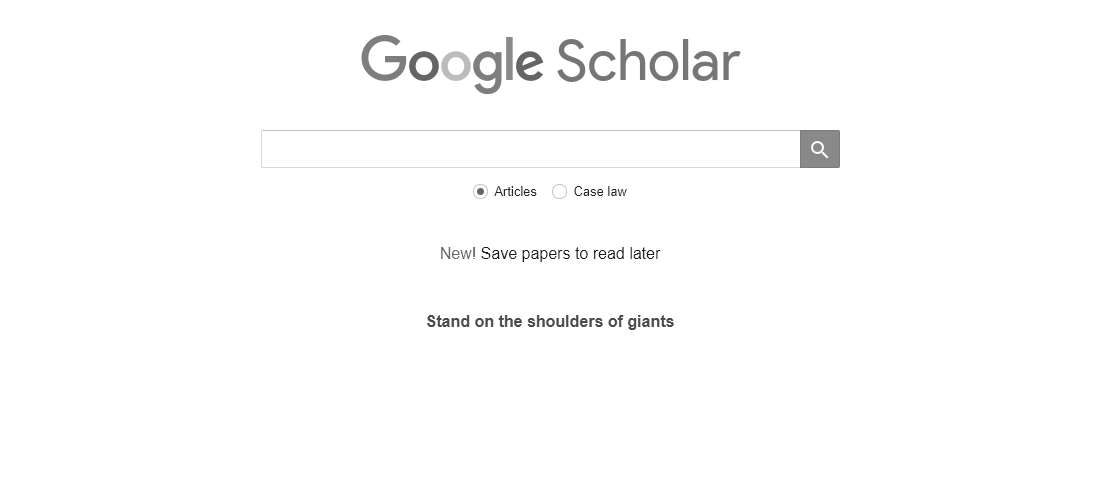Introduction
In the age of information, access to knowledge has become both a boon and a bane. While we have an unprecedented wealth of information at our fingertips, the challenge lies in sifting through it all and making rational decisions. One mental model that sheds light on this conundrum is the Google Scholar Effect. Coined after the popular academic search engine, this concept refers to the tendency of individuals to overvalue and rely excessively on information they find online, often to the detriment of their decision-making processes. In this blog post, we will delve into the psychology behind the Google Scholar Effect, examine real-life examples, explore underlying biases, and provide practical strategies to avoid falling into this information trap.
Understanding the Google Scholar Effect
At its core, the Google Scholar Effect stems from the human desire for quick answers and validation. The convenience and accessibility of search engines, like Google Scholar, have led to an overreliance on information found online. This phenomenon has significant implications for decision-making processes in personal, professional, and public spheres. By trusting search engine results without proper critical analysis or consideration of alternative viewpoints, individuals often make choices that are irrational, misinformed, or biased.
Examples of the Google Scholar Effect
Personal Life Decisions:
Imagine a scenario where an individual is considering a major life change, such as switching careers. They turn to Google Scholar, seeking research studies and expert opinions to guide their decision. However, by solely relying on search engine results, they fail to account for their own unique circumstances, preferences, and values. Consequently, they may end up pursuing a career path that is ill-suited to their individual strengths and interests.
Business Scenarios:
In the corporate world, leaders often face complex challenges that require informed decision-making. Consider a business executive tasked with implementing a new marketing strategy. Instead of engaging in thorough market research and consulting diverse sources, they rely solely on articles and case studies found through Google Scholar. This limited perspective may lead to a skewed understanding of the market landscape, resulting in ineffective strategies and missed opportunities for growth.
Public Policy-Making:
The Google Scholar Effect is not limited to personal or professional contexts; it can also influence public policy decisions. Government officials and policymakers may rely heavily on academic papers and reports found through search engines when formulating policies. However, this approach neglects valuable input from stakeholders, community members, and experts with real-world experience. As a result, policies may fail to address the nuanced needs of the population they are intended to serve.
Mental Biases and Underlying Psychological Factors:
Several cognitive biases contribute to the occurrence of the Google Scholar Effect. One such bias is confirmation bias, where individuals seek and prioritize information that confirms their existing beliefs or hypotheses. This bias is amplified when people search for information online, as algorithms often tailor search results to match their preferences. The availability heuristic also plays a role, as people tend to overvalue easily accessible information, such as search engine results, rather than seeking out more comprehensive and diverse sources.
Moreover, the fear of missing out (FOMO) and social proof biases further reinforce the Google Scholar Effect. People feel compelled to make decisions quickly, fearing that they might overlook crucial information. This leads to an overreliance on information found online, assuming that if others have cited it, it must be accurate and reliable.
Identifying and Avoiding the Google Scholar Effect:
Awareness is the first step in avoiding the Google Scholar Effect. Recognize that search engines are tools that should supplement, not replace, critical thinking and decision-making processes. Here are some practical strategies to help you navigate this mental trap:
Seek diverse perspectives: Actively search for alternative viewpoints and sources of information beyond search engine results. Engage in conversations, consult experts, and consider multiple perspectives before making a decision.
Evaluate the credibility of sources: Assess the reliability and expertise of the sources you find online. Look for reputable academic journals, peer-reviewed studies, and recognized experts in the field. Be wary of sensationalist headlines or biased sources.
Consider the broader context: Context matters in decision-making. Reflect on the specific circumstances, your personal values, and the unique factors surrounding your decision. Avoid blindly following the general consensus or popular opinion found online.
Balance online research with real-world experiences: Supplement your online research with practical experiences, observations, and direct interactions. This blend of knowledge will provide a more holistic understanding and aid in making well-informed decisions.
Conclusion
The Google Scholar Effect exemplifies the challenges we face in the digital age, where information overload can hinder rational decision-making. By falling prey to this fallacy, individuals may make choices contrary to their best interests. It is crucial to understand the biases that contribute to this phenomenon and take proactive steps to mitigate its impact. By adopting a balanced approach that integrates online research with critical thinking, diverse perspectives, and real-world experiences, we can overcome the Google Scholar Effect and make more informed decisions in all aspects of our lives.
